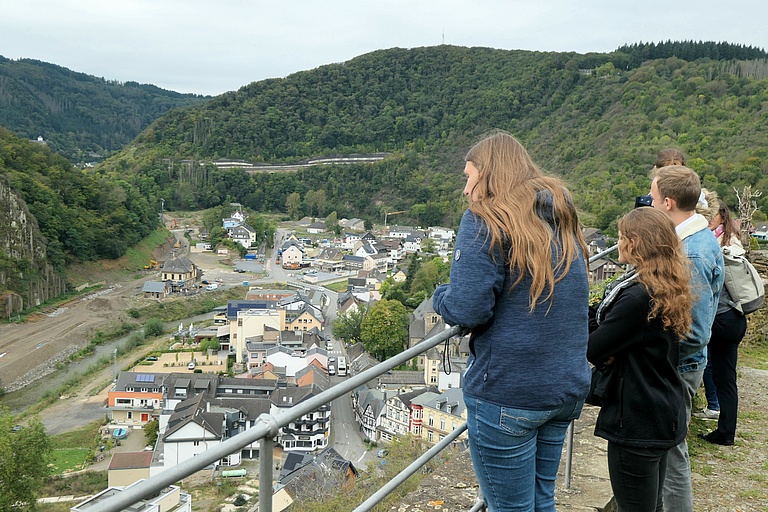Heat Protection Project


Funded by the Fritz Thyssen Foundation, the project “Assessment of Heat Protection from the Perspectives of Health and Legal Sciences: Health Requirements and Legislative Action Needs” brings together an interdisciplinary network of experts in law, public health, and public administration. The project investigates how health risks arising from extreme heat can be assessed, which constitutional duties of protection result from these risks, and to what extent existing legislation already fulfils these obligations.
Building on a comprehensive analysis of the legislative need for action, the project aims to develop health science-based legal policy recommendations – including a proposal for a potential Heat Protection Act.
Initial findings confirm that extreme heat constitutes a serious and largely unavoidable public health risk. From a constitutional perspective, three key state duties of protection emerge: the obligation to mitigate climate change, to ensure proactive climate adaptation, and to provide effective emergency protection for the population. Many current regulations on heat protection are merely advisory and not legally binding. A systematic analysis of the relevant provisions at both federal and state levels is underway. The findings of this evaluation will be presented in a comprehensive monograph, scheduled for publication in mid-2026.
The project runs from June 2025 to July 2026
Research project ‘SOZIAHR’


The Mercator-funded research project SOZIAHR (“Social, Economic and Administrative Challenges of Climate Resilience”) explores the medium- and long-term implications of the Ahr Valley flood disaster of 14 July 2021 from a social science perspective. The project brings together the Departments of Law, Economics and Geography at the University of Bonn in cooperation with the Wuppertal Institute, which specialises in research on climate, environmental and resource governance.
The low-pressure system Bernd, which claimed 135 lives in the Rhineland-Palatinate wine region, attracted international attention. Beyond the immense infrastructural damage, it profoundly affected the lives of tens of thousands of people in the region. The SOZIAHR team examines existing regulatory frameworks and administrative procedures in private reconstruction, as well as key conditions for social cohesion, democratic resilience and the implementation of climate mitigation and adaptation measures.
The project addresses three central questions:
How have the flood and the subsequent political responses affected the population, and to what extent are individual experiences shaped by factors such as age, socio-economic status and personal circumstances?
How can administrative processes, legal frameworks and public funding schemes be designed to advance both climate mitigation and adaptation while ensuring social justice?
What incentives can encourage private actors to rebuild in a climate-resilient way and to play an active role in climate policy?
The overarching aim of SOZIAHR is to contribute to the medium- and long-term recovery of the Ahr Valley, while also developing empirically grounded recommendations for other regions to strengthen resilience and mitigate the impacts of future disasters.